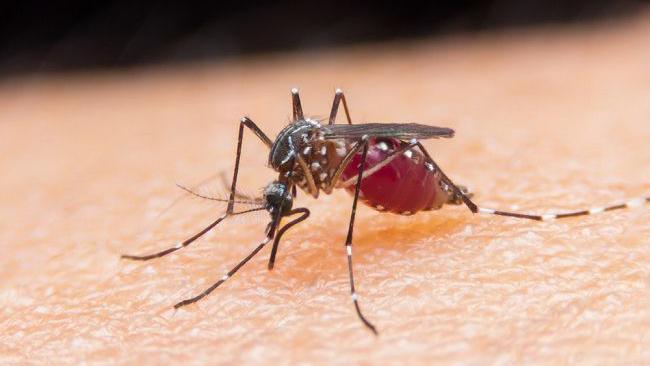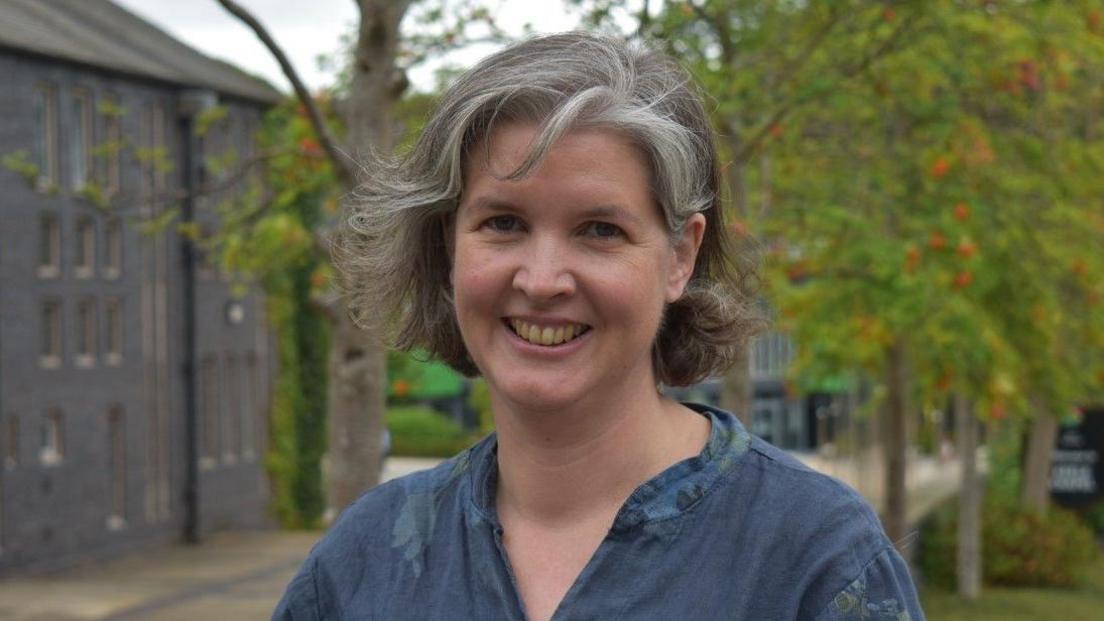New insect lab to tackle deadly diseases

Seven environmentally controlled walk-in chambers in the new laboratory will house a range of insects
- Published
A university in Staffordshire is building a new insect laboratory, which it says will help tackle the spread of deadly diseases and reduce crop loss.
Keele University has received a grant of over £600,000 to help fund the facility, which will feature seven environmentally-controlled chambers, housing a range of insects.
The rooms will be insulated and programmable with sunlight, humidity and temperature controls.
The university said it was testament to its “long track record of excellence in entomology”.

Professor Pip Beard says Keele University has a long track record of excellence in entomology
The grant of £623,000 has been awarded by the Wolfson Foundation, which says it promotes "excellence in education, science & medicine".
Professor Pip Beard, head of the school of life sciences, said research carried out at Keele had provided solutions such as genetically-modified mosquitoes to interrupt the spread of malaria, and synthetic pheromones to reduce crop loss.
The university’s deputy vice chancellor, professor Mark Ormerod said the new insectary will provide “a step-change increase in the quality of facilities” to support the study of insects and their relationship to humans and other organisms.
Follow BBC West Midlands on Facebook, external, X, external, and Instagram, external. Send your story ideas to: newsonline.westmidlands@bbc.co.uk, external
Related stories
- Published31 July 2023
